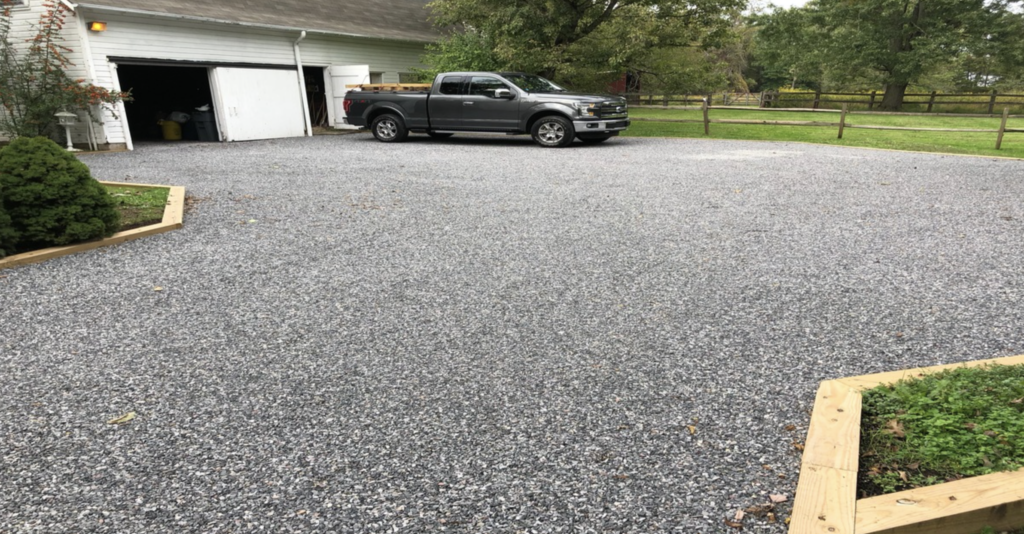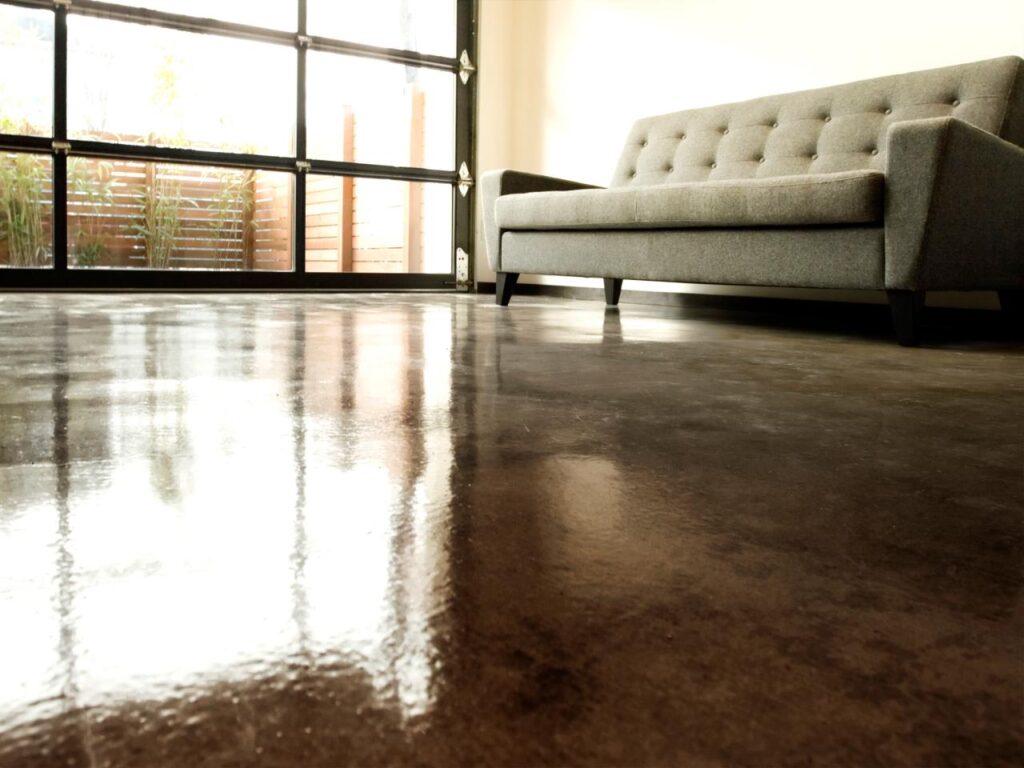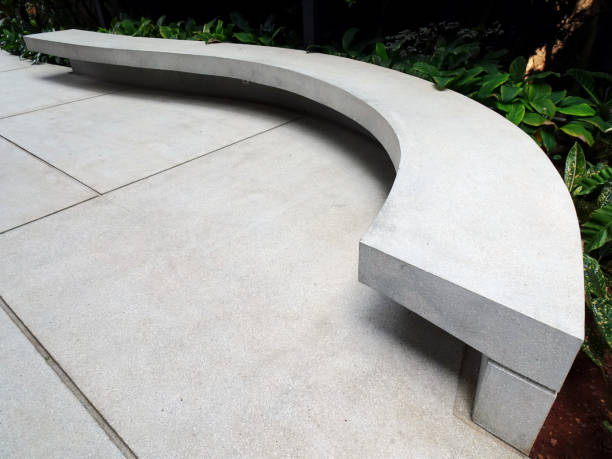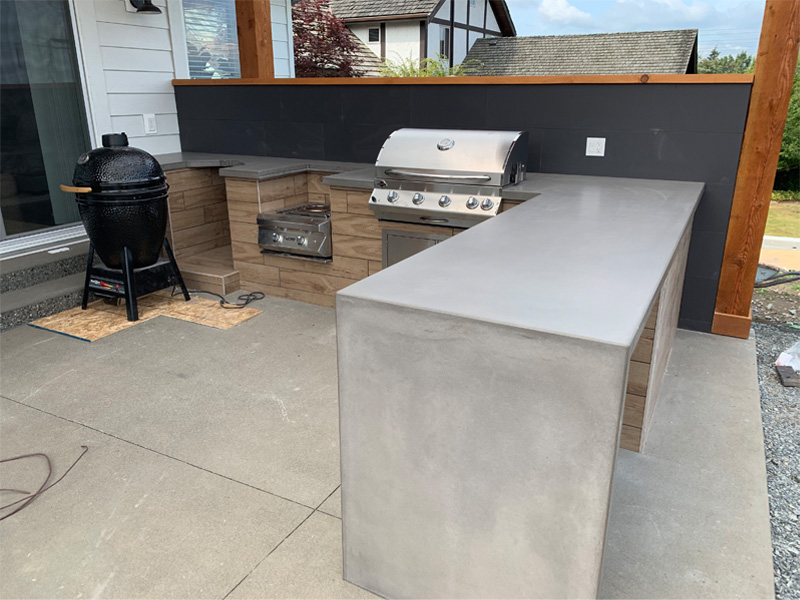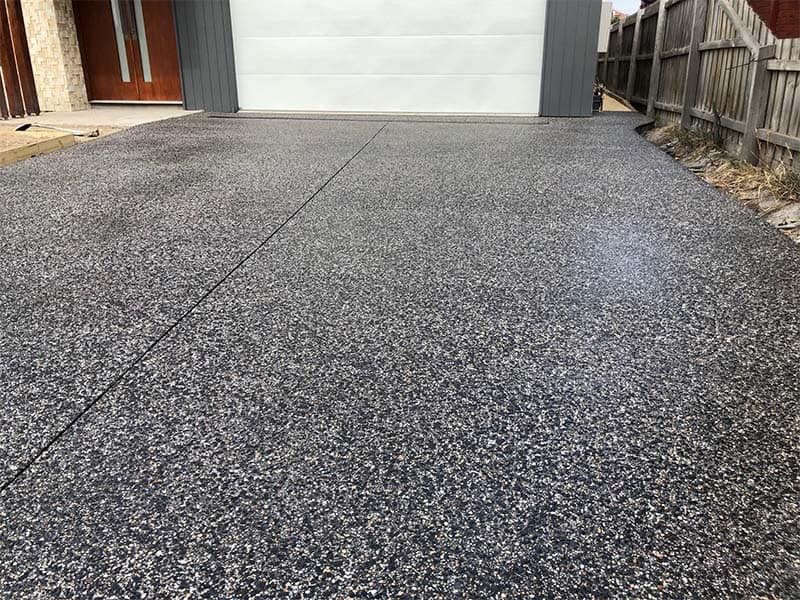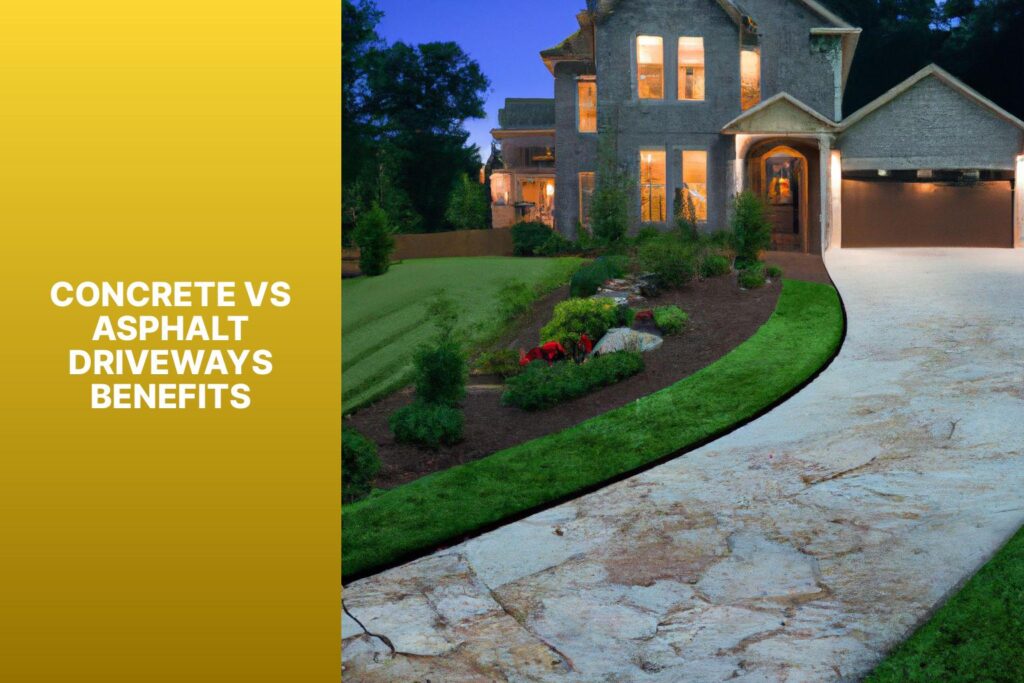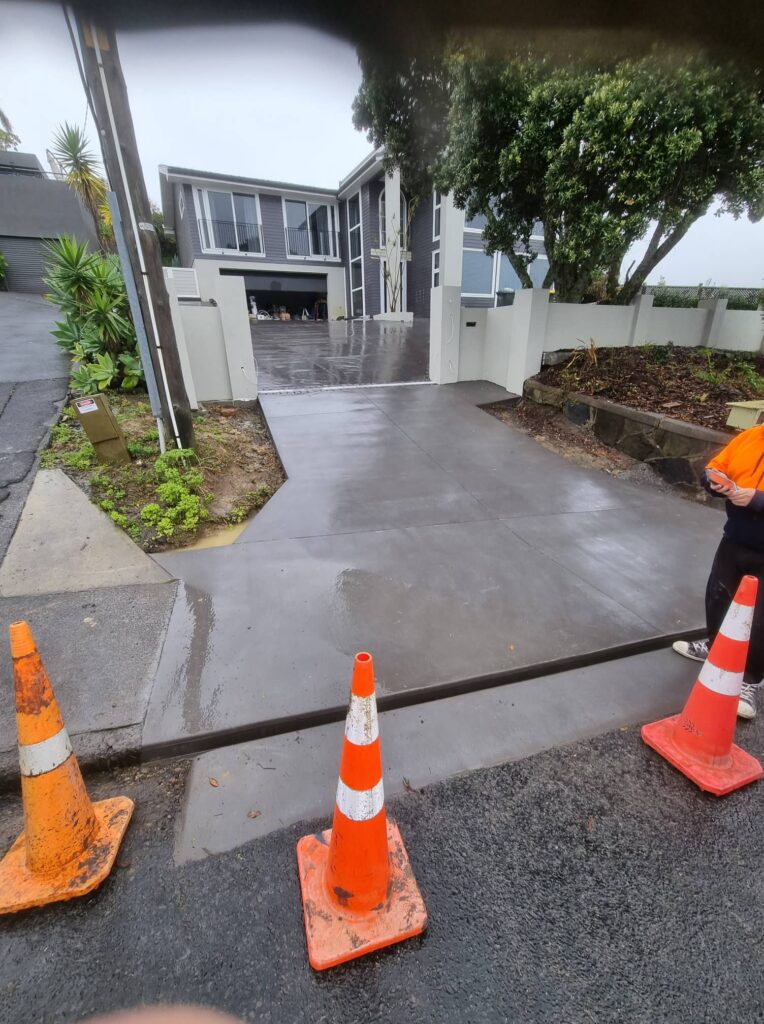- I. Introduction
- II. Considerations That Go Into Determining the Price of Gravel Driveways
- III. A breakdown of the costs associated with installing a conventional gravel driveway
- II. The typical price of installing a gravel driveway in New Zealand
- V. Expenses incurred for the upkeep and repair of gravel driveways
- VI. Benefits and disadvantages of gravel driveways
- VII. Final Thoughts
- VIII. References
I. Introduction
A. What is a gravel driveways
Gravel driveways are created using various sized rocks, pebbles, and stones that are packed tightly together to form a stable surface. These driveways can be constructed using a variety of gravel, including crushed stone, pea gravel, and river rock, among other options.
B. The significance of using gravel for driveways
Gravel driveways are common in New Zealand due to the fact that they are inexpensive, long-lasting, and attractive to look at. They are durable enough to survive heavy use and adverse environmental conditions, making them suited for a wide range of vehicles, such as automobiles, trucks, and agricultural equipment.
C. Read On To Learn The Following
This blog’s objective is to offer readers with information regarding the price of installing gravel driveways in New Zealand. The elements that contribute to the overall cost of installation, the typical cost of installation, the expenses of maintenance and repair, as well as the benefits and drawbacks of gravel driveways will be discussed in this article.
II. Considerations That Go Into Determining the Price of Gravel Driveways
A. The type of gravel used
The price of installing a gravel driveway can vary depending on the type of gravel that is utilized. The most expensive variety of gravel is called crushed stone, while the least expensive is called pea gravel. Pea gravel is the more affordable of the two options; nevertheless, river rock is another common choice.
B. The dimensions of the driveway
The amount of space occupied by the driveway plays a vital role in figuring out the total cost of installation. The installation cost will grow proportionately with the size of the driveway because more gravel will be required. The cost is also affected by the design of the driveway as well as its slope.
C. Preparation of the base
The preparation of the basis for the driveway is essential in order to guarantee that it is stable and is able to sustain the weight of vehicles. The condition of the soil, the amount of depth that has to be excavated, and the quality of the base material that is utilized all have an effect on the cost of base preparation.
D. Gravel delivery and spreading
The cost of delivering and spreading gravel is determined by several factors, including the quantity of gravel required, the type of gravel, and the distance between the site and the gravel supply. The amount of work necessary to disperse the gravel evenly is a primary factor in determining the total cost of the project.
E. Labor expenses
The complexity of the installation, the level of experience of the installer, and the location of the site all play a role in determining the range of the labor expenses associated with building a gravel driveway.
F. Further functions and capabilities
The cost of installation may be increased if additional elements such as edging, drainage systems, or lighting are included in the job.
III. A breakdown of the costs associated with installing a conventional gravel driveway
A. The preliminary groundwork
The state of the soil and the amount of depth dug out both play a role in determining how much it will cost to prepare the base. The price ranges from ten dollars to twenty-five dollars per square meter on average.
B. The delivery of gravel and its spreading
The delivery and spreading of gravel incurs a cost that is proportional to the quantity of gravel required, as well as the type of gravel and distance traveled from the gravel source. A square meter will set you back anywhere from $20 to $60 in cost.
C. Labor costs
Depending on the level of difficulty of the installation and the level of skill of the installer, the cost of labor to install a gravel driveway can range anywhere from $30 to $50 per hour.
D. Further capabilities and benefits
Other elements, like as edging, drainage systems, and lighting, can incur an additional cost of anywhere from $10 to $50 per square meter.
E. Total cost
In New Zealand, the price of installing a gravel driveway can range anywhere from $40 to $150 per square meter, and this price is determined by the criteria that were discussed before.
II. The typical price of installing a gravel driveway in New Zealand
A. A breakdown of the costs associated with the various types of gravel driveways
There is a range of prices associated with installing the various kinds of gravel driveways. Driveways made of crushed stone are the most expensive option, while those made of pea gravel are the least expensive. The installation of a gravel driveway might run anywhere from $40 to $150 per square meter, on average, depending on the size of the driveway.
B. A discussion of the variables that influence the price of gravel driveways in various regions of New Zealand
The price of gravel driveways in New Zealand might vary from one region to the next due to the country’s diverse topography. With gravel driveways, for example, there may be a price difference between places where there is a strong demand and regions where there is a low demand. In addition to this, the cost of installation may be affected by the location of the gravel source in relation to the site. It’s possible that areas that are further away from gravel sources will have more expensive gravel because transportation is more expensive.
C. A cost analysis in comparison to that of other types of driveways
When compared to other types of driveways, such as concrete and asphalt driveways, the cost of installing a gravel driveway is far lower. Driveways constructed out of asphalt can cost up to $120 per square meter, and driveways constructed out of concrete can cost up to $250 per square meter. Gravel driveways are an affordable option for homeowners who want a driveway that is both long-lasting and appealing but won’t break the bank if they install one.
V. Expenses incurred for the upkeep and repair of gravel driveways
A. Maintenance practices
Regular grading, which involves leveling the surface and removing debris, is required in order to keep a gravel driveway in good condition for use. To keep the stability of the driveway, it also requires filling in any holes or ruts that have been created with more gravel. A longer lifespan for the driveway and fewer expensive repairs can both be achieved through regular care.
B. Repair expenses
Gravel driveways may eventually require repairs as a result of wear and tear over time. The filling of potholes and ruts, the replacement of broken gravel, and the correction of drainage concerns are typical types of repairs. The amount that will need to be spent on repairs is directly proportional to the amount of damage as well as the materials required.
C. A discussion on the relative expenses of upkeep and repair compared to those of other types of driveways
Gravel driveways are one of the easiest and most cost-effective forms of driveways to maintain and repair in comparison to other types of driveways. Driveways paved with concrete and asphalt need to be maintained and repaired by professionals on a regular basis, which can be expensive.
VI. Benefits and disadvantages of gravel driveways
A. Benefits
For a number of different reasons, gravel driveways are very common in New Zealand. They are not just long-lasting but also not prohibitively expensive. They are able to survive severe use as well as adverse environmental conditions, which qualifies them as suited for a variety of vehicles. In addition to this, the preferences of the homeowner might be incorporated into their design.
B. Disadvantages
Gravel driveways come with their own unique set of drawbacks. They have the potential to generate dust and grime, which can be problematic for individuals who suffer from allergies or respiratory conditions. They may also be difficult to maintain in regions that receive a lot of rainfall, and they could break down frequently and need repairs.
C. A contrast between gravel driveways and other kinds of driveways
Gravel driveways come with their fair share of benefits as well as drawbacks when compared to other forms of driveways. In comparison to driveways made of concrete or asphalt, these options are both more inexpensive and more adaptable. However, they require routine maintenance, and it is possible that they are not suited for locations that receive a lot of rainfall.
VII. Final Thoughts
A. A brief overview of the most important points
The expense of installing a gravel driveway in New Zealand is determined by a number of elements, such as the type of gravel, the size of the driveway, the preparation of the base, the delivery of the gravel, the cost of labor, and any additional amenities that may be included. The installation of a gravel driveway might run anywhere from $40 to $150 per square meter, on average, depending on the size of the driveway. Gravel driveways are not only inexpensive, but also long-lasting and adaptable; nevertheless, they do require routine care and are not necessarily suited for locations that see high levels of precipitation.
B. Recommendations
If a homeowner wants to install a gravel driveway, they should think about the elements that have been described above and select an installer who has a good reputation and can offer quality services at a price that is affordable. In addition, they ought to perform routine maintenance in order to lengthen the amount of time the driveway will last.
C. Future considerations
As a result of technological advancements, new materials and installation methods for driveways may become available, which may have an impact on the price as well as the longevity of gravel driveways. The homeowners of these homes should remain informed about these developments and, if necessary, give some thought to updating their driveways.
VIII. References
This blog draws from a variety of sources, including internet resources such as websites devoted to home renovation and landscaping, as well as pieces from local news outlets. Also New Plymouth Concrete Contractors cost calculator.
Visit our cost of concrete of driveway NZ guide if you need help figuring out how much you could expect to pay for your concrete project.
About the Author:
Mike Veail is a recognized digital marketing expert with over 6 years of experience in helping tradespeople and small businesses thrive online. A former quantity surveyor, Mike combines deep industry knowledge with hands-on expertise in SEO and Google Ads. His marketing strategies are tailored to the specific needs of the trades sector, helping businesses increase visibility and generate more leads through proven, ethical methods.
Mike has successfully partnered with numerous companies, establishing a track record of delivering measurable results. His work has been featured across various platforms that showcase his expertise in lead generation and online marketing for the trades sector.
Learn more about Mike's experience and services at https://theleadguy.online or follow him on social media:
